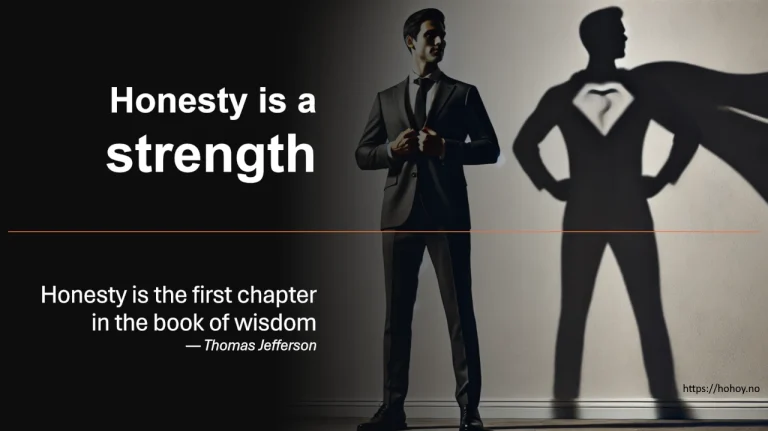Does honesty really last the longest?

Honesty is important, yes—but sometimes it’s not enough on its own. In fact, too much perfection and always being “right” can put both your credibility and relationships at risk. Surprised? Let me explain.

Honesty is important, yes—but sometimes it’s not enough on its own. In fact, too much perfection and always being “right” can put both your credibility and relationships at risk. Surprised? Let me explain.

Did you know that dating and sales have more in common than we often admit? Both come down to one crucial factor: confidence. Belief in yourself – or in what you're offering – is what creates the magic, whether you're trying to win over a customer or a partner.

We’ve all met them – or maybe even been them: that one employee who always has something to criticize. Routines, processes, management – nothing is ever good enough. It can be exhausting, but what if complaining could actually improve the workplace?

Life is one continuous negotiation, whether we're aware of it or not. Negotiation isn’t about winning – it’s about finding a solution that brings value. Whether you work in sales, handle customer service, manage a project, or are simply deciding what’s for dinner – remember, everything can be negotiated.

Have you ever stopped and really thought about why you do what you do – both at work and in life in general? Is there a reason why children are experts at asking this question, while adults tend to stop?

As artificial intelligence (AI) continues to gain greater influence over societal development, more critical questions are being raised about the technology’s sustainability. Does AI have the potential to solve our most pressing climate challenges – or are we at risk of it amplifying environmental problems?

How do we balance responsibility, health, and modern work styles in a world where flexibility and remote work are becoming the norm?

Psychological research shows that small, unexpected positive experiences can have a greater impact on our mood than larger, predictable gestures. This is often referred to as 'The Delight Factor'—a key concept in customer experience research known as 'Customer Delight'.